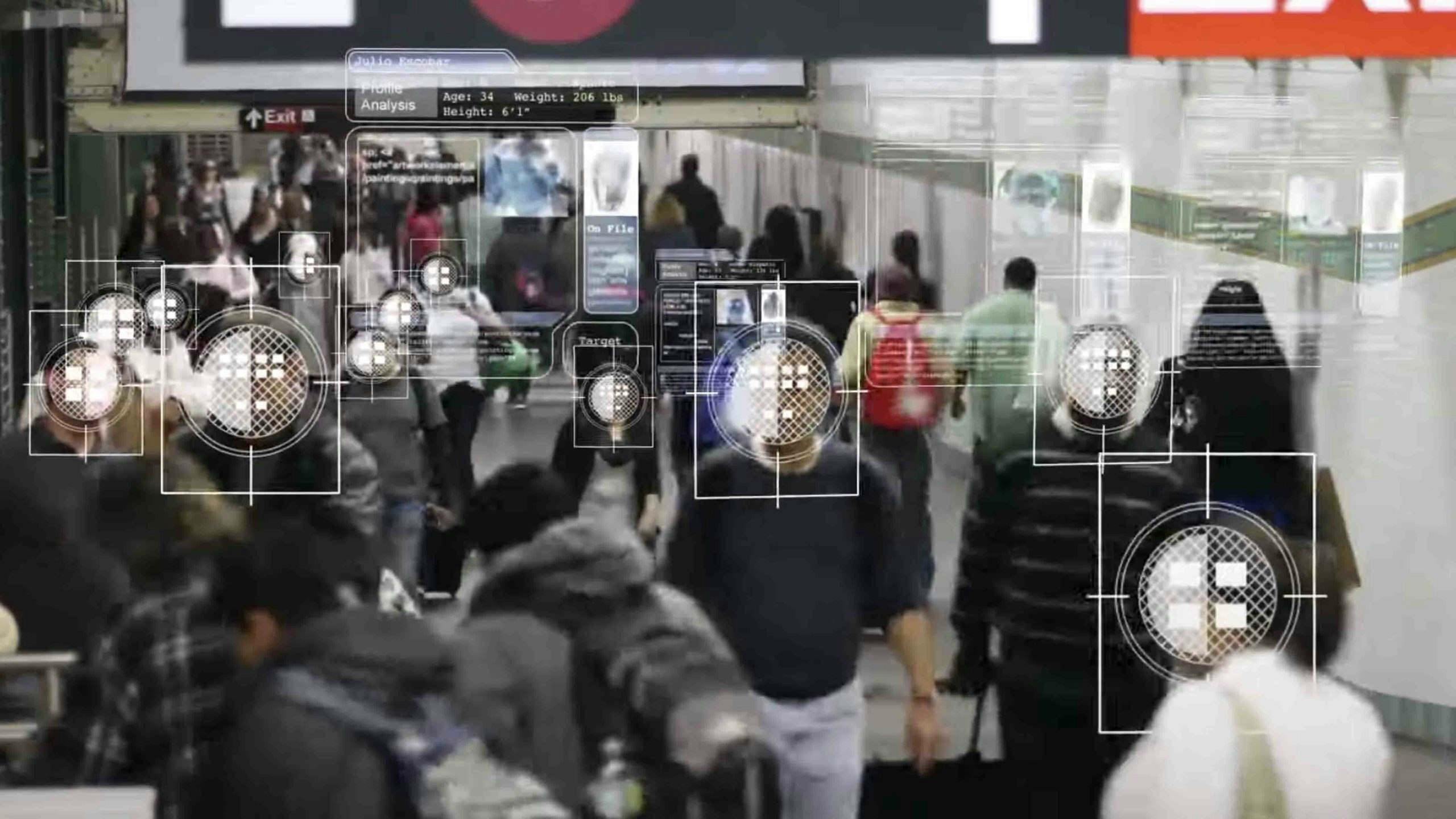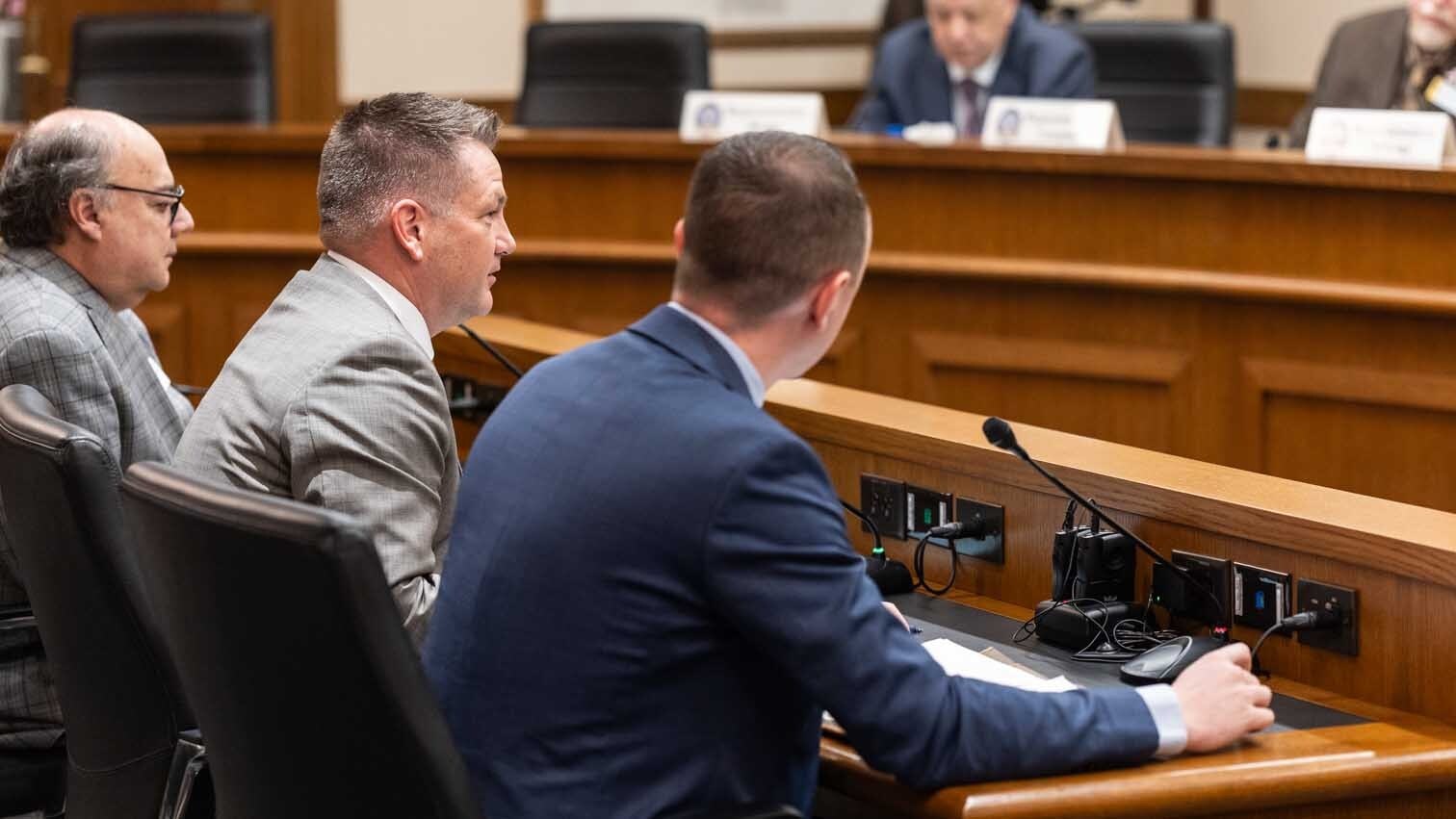Read the room.
Had the IRS followed that maxim, the agency perhaps would not have introduced facial recognition software for taxpayer identification purposes.
The mechanism was so unpopular that both parties in Congress actually agreed on something: it was a terrible idea.
After being lambasted by both Republicans and Democrats, the IRS last week waved the white flag and announced the identity verification system — which would force Americans to undergo a facial recognition scan to access their historical tax documents — would not be used.
U.S. Sen. Cynthia Lummis (R-Wyo) swatted the IRS after the announcement stating that the fact that the idea was even considered was “absolutely appalling.”
“The IRS can’t even protect the data that it does have access to – why in the world would we give them access to our biometric data?” Lummis said.
In announcing the decision to rescind the controversial plan, the IRS Commissioner claimed the agency took “taxpayer privacy and security seriously.”
“Everyone should feel comfortable with how their personal information is secured, and we are quickly pursuing short-term options that do not involve facial recognition,” Charles P. Rettig said.
Earlier in the week, Wyoming’s senior senator John Barrasso joined 14 other Republican senators in sending a letter to the IRS condemning its use of the technology.
“The IRS has unilaterally decided to allow an outside contractor to stand as the gatekeeper between citizens and necessary government services,” the letter read.
“The decision millions of Americans are forced to make is to pay the toll of giving up their most personal information, biometric data, to an outside contractor or return to the era of a paper-driven bureaucracy where information moves slow, is inaccurate, and some would say is processed in ways incompatible with contemporary life,” it read.
The agency reportedly is developing another process to identify taxpayers that does not include facial recognition.





